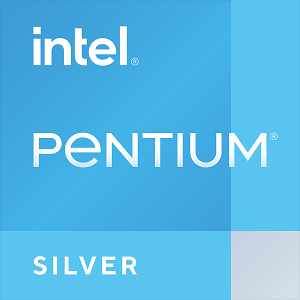Intel Processor N100 VS Intel Celeron N4500
Comparamos dois processadores: Intel Processor N100 com 4 núcleos e Intel Celeron N4500 com 2 núcleos . Aqui você encontrará qual processador é melhor nos benchmarks, especificações chave, consumo e muito mais.
Principais diferenças
Intel Processor N100: Vantagens
- Maior número de núcleos (4 vs 2)
- Maior número de threads (4 vs 2)
- Mais linhas PCIE (9 vs 8)
- Maior potência de núcleo único
- Maior potência multi-core
Intel Celeron N4500: Vantagens
Benchmarks
Cinebench 2024 Single Core
-
-
Cinebench R23 Single Core
600
449
Cinebench R20 Single Core
-
-
Geekbench 6 Single Core
1204
515
Geekbench 5 Single Core
1018
578
Passmark Single Core
1969
1362
Cinebench 2024 Multi Core
-
-
Cinebench R23 Multi Core
2194
702
Cinebench R20 Multi Core
-
-
Geekbench 6 Multi Core
2314
1071
Geekbench 5 Multi Core
2766
1071
Passmark Multi Core
5640
1984
Intel Processor N100
VS
Intel Celeron N4500
Parâmetros gerais
| Q1 2023 | Data de lançamento | Q1 2021 |
| Intel | criador | Intel |
| Laptop | Cara | Laptop |
| x86-64 | Conjunto de instruções | x86-64 |
| Alder Lake | Arquitetura central | Jasper Lake |
| Intel Processor N100 | Número do processador | Intel Celeron N4500 |
| BGA-1264 | Plinto | BGA-1338 |
| No | Gráficos integrados | No |
Pacote
| 10nm | Processo de manufatura | 10nm |
| BGA-1264 | Plinto | BGA-1338 |
| 6 W | Consumo de energia | 6 W |
| 0 W | Consumo máximo de turbo | 0 W |
| 105°C | Operação de pico | 105°C |
Desempenho da CPU
| Núcleos de desempenho | 2 | |
| 0 | Desempenho dos fios | 0 |
| - | Frequencia. | - |
| Frequencia. | ||
| 4 | Núcleos eficientes | |
| 4 | Núcleos eficientes | 0 |
| 1.8GHz | Frequência base do núcleo secundário | |
| 3.2GHz | Núcleos secundários de frequência turbo | |
| 4 | Núcleos totais | 2 |
| 4 | Total de tópicos | 2 |
| 100MHz | Frequência do ônibus | 100MHz |
| 34x | Multiplicador | 11x |
| 96K per core | Cache L1 | 32K per core |
| 2MB shared | Cache L2 | 384K per core |
| 6MB shared | Cache L3 | 4MB shared |
| No | Multiplicação. | No |
Parâmetros de memória
| DDR5-4800 | Tipo de memória | DDR4-2933 |
| 16GB | Memória máxima | 32GB |
| 1 | Máximo de canais | 2 |
| 38.4GB/s | Largura de banda | 45.8GB/s |
| no | Suporte de memória ECC | no |
Parâmetros da placa gráfica
| yes | Gráficos integrados | yes |
| Frequência base da GPU | 350MHz | |
| 750MHz | Frequência máxima | 750MHz |
| 256 | Sombreadores | 256 |
| 16 | unidades de textura | 16 |
| 8 | Unidades ROP | 8 |
| 24 | Unidades de execução | 16 |
| 10W | Consumo de energia | 6W |
Miscelânea
| 3 | Versão PCIE | 3 |
| 9 | Linhas PCIE | 8 |
Comprar Intel Processor N100 qualquer Intel Celeron N4500
Comparações relacionadas

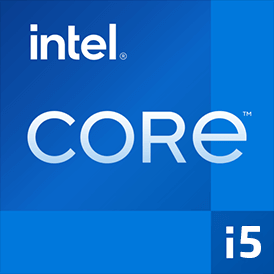
Intel Processor N100 vs Intel Core i5-13400

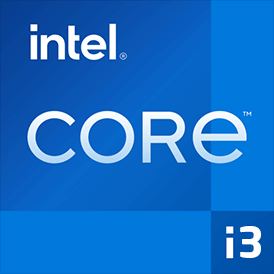
Intel Processor N100 vs Intel Core i3-10300


Intel Processor N100 vs Intel Processor N200


Intel Processor N100 vs Intel Processor N200

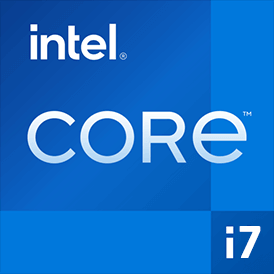
Intel Processor N100 vs Intel Core i7-12650H

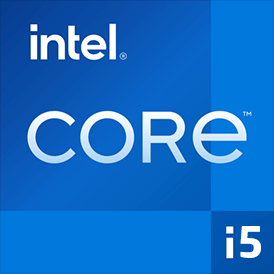
Intel Processor N100 vs Intel Core i5-12400


Intel Processor N95 vs Intel Processor N100
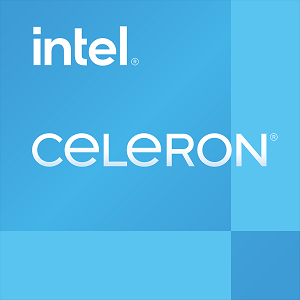
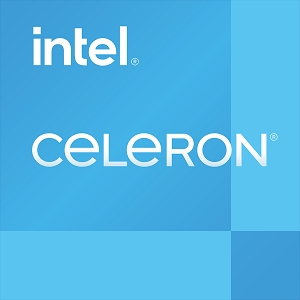
Intel Celeron N4500 vs Intel Celeron N4020

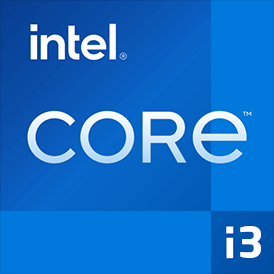
Intel Processor N100 vs Intel Core i3-N305

